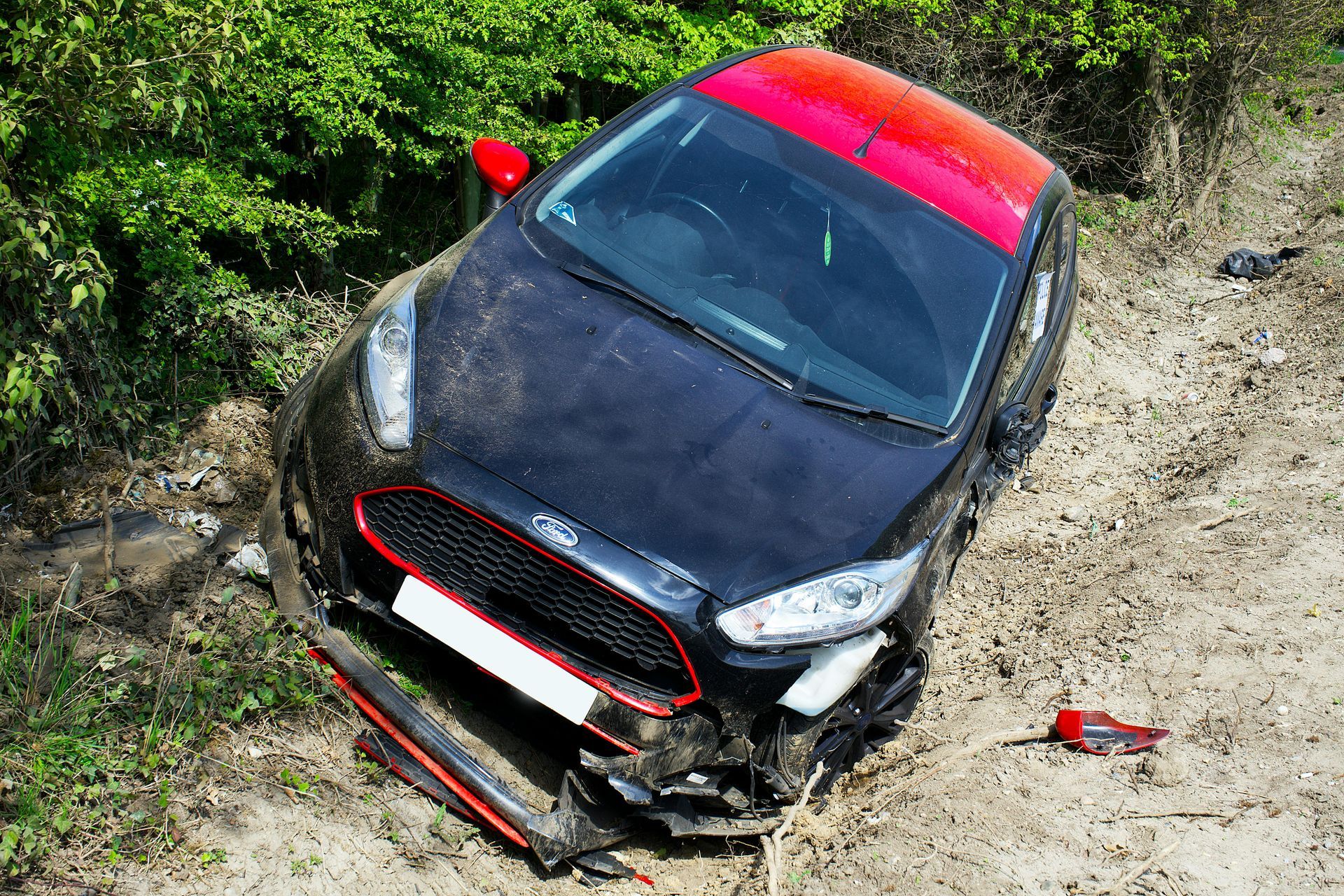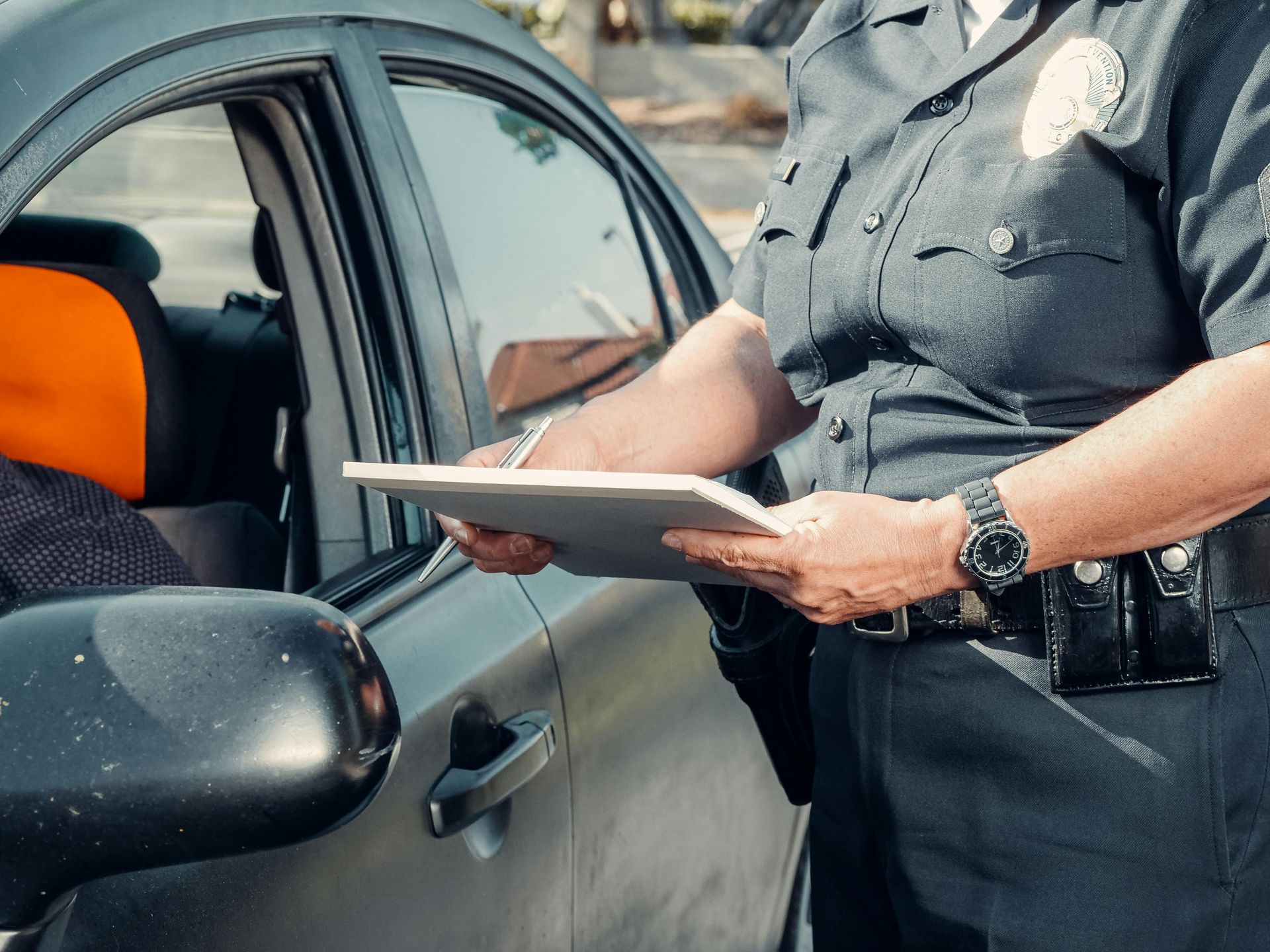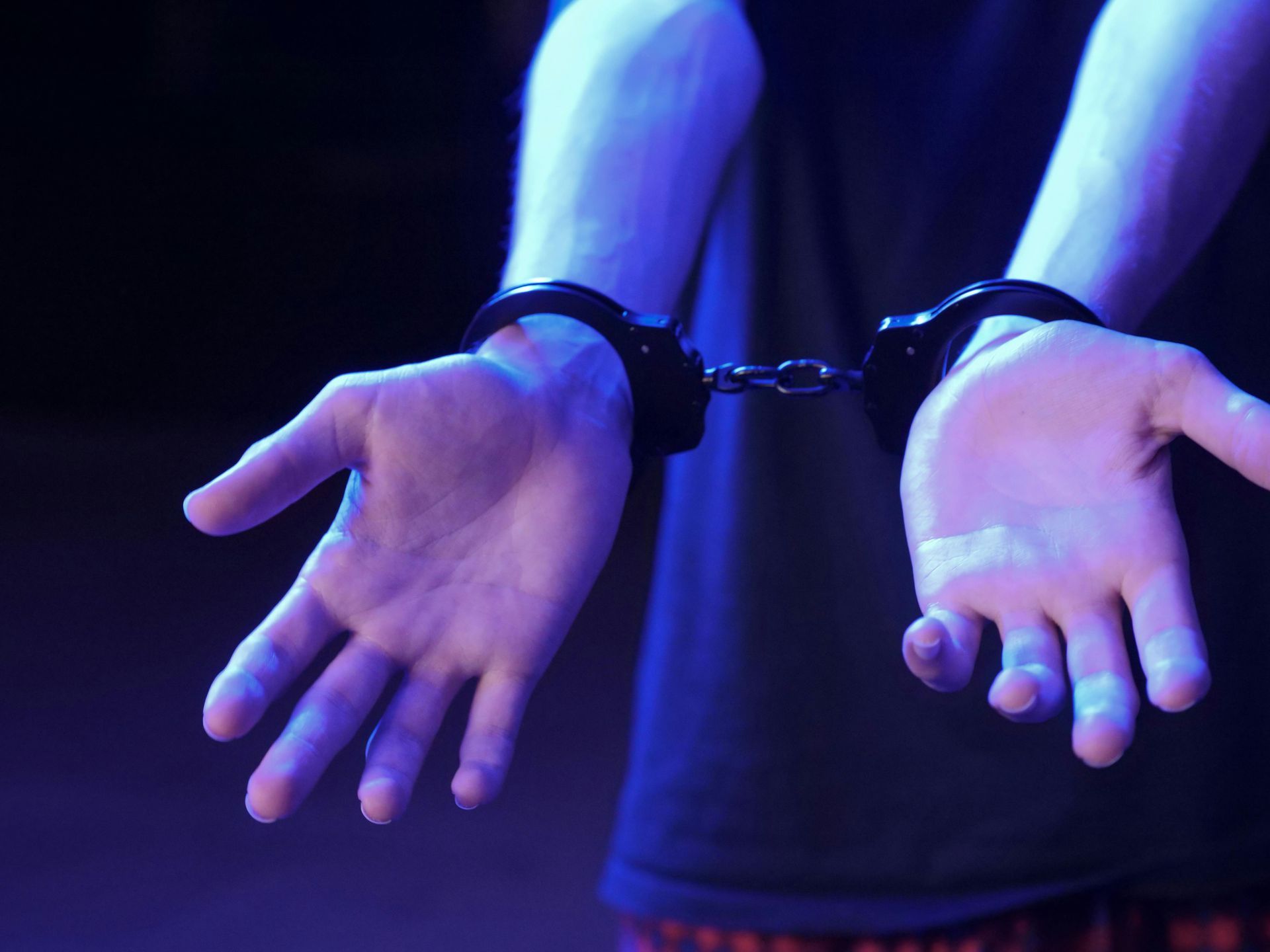3 ways to attack the results of a field sobriety test
When you’re pulled over for suspicion of drunk driving, the officer will ask you to perform some field sobriety tests. While you can refuse to take these tests, few people are going to question the instructions of a police officer.
Field sobriety tests only benefit the state. It helps to strengthen their case that you were driving while intoxicated. However, there are ways to challenge the results of a field sobriety test.
1. The test was flawed
There are three standardized tests that police officers will use in the field:
- Horizontal gaze nystagmus
- Walk and turn
- One-leg stand
An officer may perform one, two, or all three of these tests. Some may also perform additional tests, though other tests do not have the scientific validity of the above three.
Even though the tests mentioned above are considered to be scientifically valid, they are still flawed. Numerous studies have shown that even when performed correctly, these tests are still far from being 100% accurate. Add in the fact these tests are subjective, and it’s possible to make a strong argument that the tests themselves are flawed.
2. The officer failed to perform the test correctly
The results of a test can be called into question if the officer fails to follow the standard procedures for performing the tests. This is also an effective means of challenging non-standard field sobriety tests.
3. A medical condition affected the results
Medical conditions can easily skew the results of a field sobriety test. Vision problems can impact the horizontal gaze nystagmus test. An inner ear problem can result in balance issues. Neurological conditions can affect your bodily movements.
These are not the only ways to defend against DWI charges. You can also challenge the results of a breathalyzer test. Evidence might be inadmissible if the police didn’t have probable cause to stop you in the first place. You should discuss your defense options with a skilled legal professional










